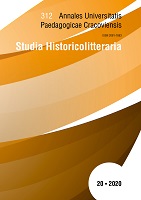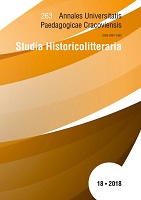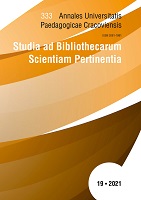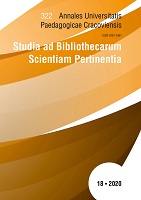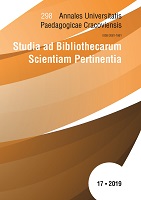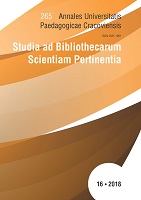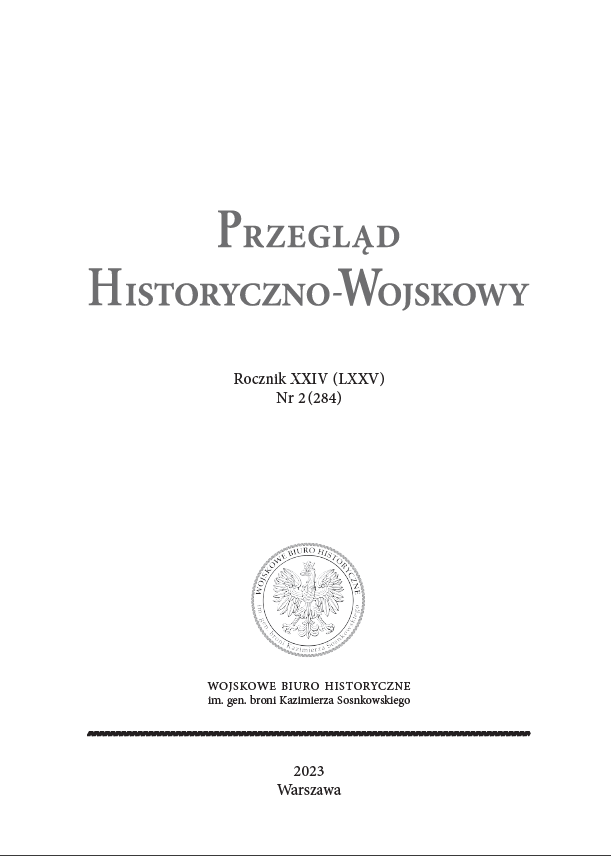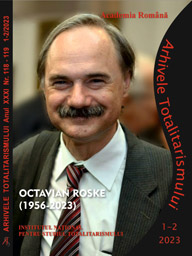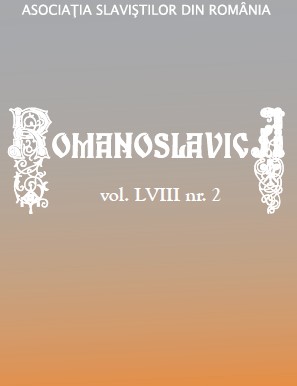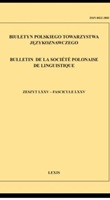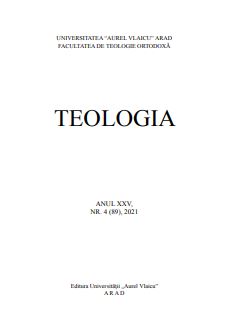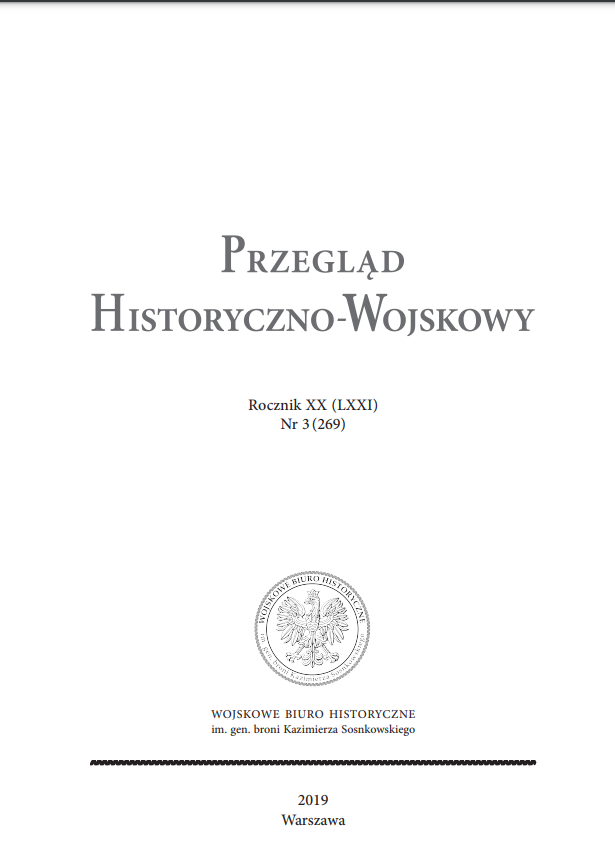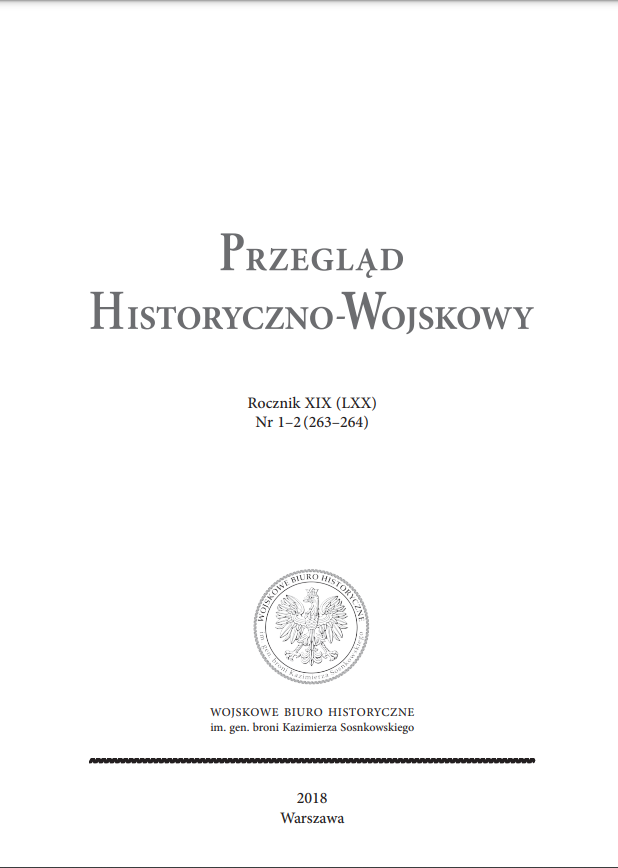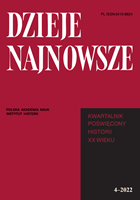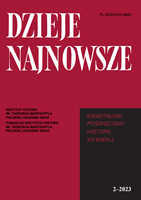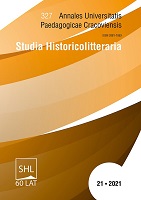
Las polacas w Buenos Aires: prostytutki w historii i kulturze
The article discusses the literary and cultural uses of so-called white slavery – the prostitution and pimping in the Americas (especially in South America) of women from Eastern Europe at the turn of the 19th and 20th centuries. This motif, tragically linking the history of Poland and Argentina, is associated with historiographic, literary, and sociological research. The article analyses various attitudes of historians towards the issue and the scope of ideological issues (in particular, the issue of anti-Semitism) and criticises the impact of the specificity of media coverage on the sensational nature of reports on the white slave trade. The main aim of the work is to present to the Polish reader both the historical context and the literary and cultural realisations of the subject in a multi-faceted manner, especially since only a few works have been translated into Polish. The second goal is to identify repetitions in prose, dramas, and audio-visual texts depicting the stories of Eastern European prostitutes in South America
More...
